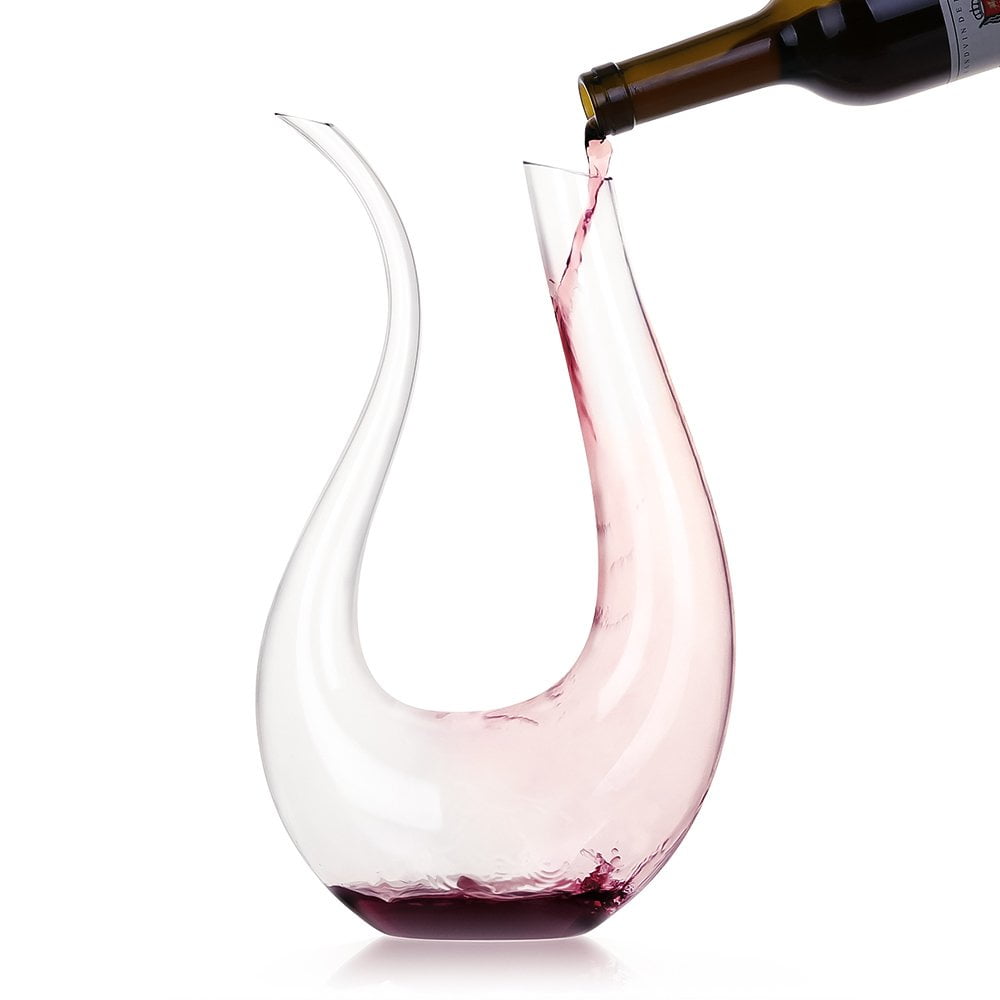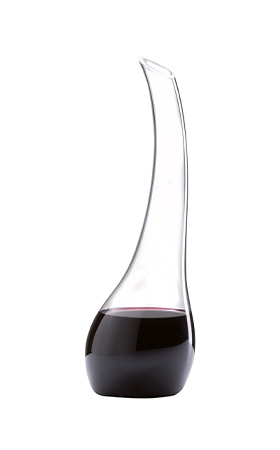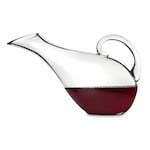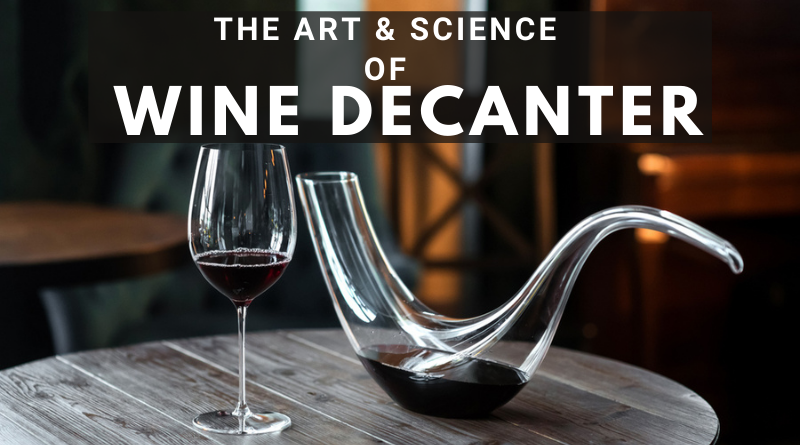Wine Decanter – The Art and Science of Decanting Wine
If you are still new to your wine journey, Wine Decanter could be a new term for you. However, for the core wine-lovers and wine enthusiasts, decanting wine is a must-do thing. Decanting the wine is often considered an artistic thing (of course because of the shapes of a decanter), but it also has a deep scientific meaning and reason too. Let us uplift your knowledge with wine decanting and all the questions and confusions around it.
What does decanting a wine mean?
Decanting means transferring any liquid from one bottle(or similar-shaped container) to another container. The process of pouring wine slowly from a wine bottle to a larger glass/crystal container is called decanting wine. The purpose of decanting wine is to make the wine more filtered by leaving the impurities and sediments behind. There are other benefits too, but we’ll discuss them in the coming part of this article. For now, it is important for you to know the exact meaning of decanting wine.
What is a Wine Decanter?

Now, the term “decanting wine” is already understood, it is really straightforward that a Wine Decanter is a container in which the wine is poured slowly from a bottle. A decanter is generally made of glass or crystal. The shape of a decanter is what makes it really interesting and attractive.
There are two major parts of a wine decanter. The first one is called base or the bowl, where the wine rests after it is poured. The second is the pouring/serving neck through which the wine is poured into the decanter and served later on. The Bowl of a decanter is more about science whereas the neck is generally inspired by art.
The size and surface area of the decanter’s bowl is responsible for making changes in the taste and behavior of wine, that is why it is related to science. The shape and size of the decanter’s neck do not contribute a lot to the wine’s behaviors. That is why it is related to art and style as creators give their best to design the neck.
Why use a Wine Decanter?
When the wine can directly be poured from a bottle to the wine glass, why should one use a wine decanter? Is decanting wine just a culture or a vogue thing? Let’s understand all these with a simple yet very relatable example.
Why do you swirl your wine in the glass? Yes! You do it to make your wine breathe, to increase its surface area so that alcohol can evaporate and you can experience more and an actual aroma. That’s the underlying reason for decanting wine. However, there are other benefits of wine decanting as well.
Leave Behind the Unwanted Particles
This is probably the most important reason for decanting wine. Younger wines and old red wines generally contain few particles, unwanted residue, and sediments. Also, when the cork comes out, it might leave some cork dust and broken pieces in the wine. Wine decanting is the best way to get rid of all such impurities. The sediment settles down at the bottom of the bottle. When you decant the wine slowly and carefully, the wine goes into the decanter and the impurities are left behind at the bottom of the bottle. During the wine decanting, cork particles are left on the bottleneck, leaving the best of wine to the decanter.
Aeration & Exposure
This is the next level of wine swirl. Decanting wine give it more surface area to breath. The more surface area the wine is spread on, the more oxygen it can get in touch with. This helps alcohol to evaporate more and results into more aroma. More aroma means more accurate and distinguished wine tasting. Hence a great wine experience.
Improves Taste & Quality
Decanting wine also helps improving the taste and overall quality of the wine. Full-bodied wines that have higher level of tannins get softer with wine decanting. As the wine oxygenate more, it becomes smoother and less dry.
Warms Up The Wine
Different wines are best served at different temperatures. If the wine bottle has a lower temperature than the serving temperature, it must be warmed up to have a best wine experience. Wine decanting helps warming up the wine as it exposes the wine by maximising its surface area.
Do All Wines Need Decanting?
Of course not! As all wines are different, so are their wine decanting requirements. Wine decanting requirements depend upon the age of the wine, sediment content, and the overall body of the wine. here are some quick tips.
- Sparkling wines are a BIG No for wine decanting. We don’t really want their sparkles to go away before we sip.
- Older red wines with strong & complex flavors, residue, and sediments; younger wines with tannins require wine decanting.
- Red wines require decanting more than the white wines.
- Full-bodied wines are decanted for around 2-3 hours compared to medium-bodied (30-45 min) and light-bodied(15-30 min).
- The higher the alcohol content is, the longer is the wine decanting time.
How to use Wine Decanter?
Well, it’s not really a science. Make sure the purpose of the wine decanter is not defeated. here are the quick tips.
- Make sure the sediment and impurities (residue/cork particles) are at the bottom of the bottle. If not, keep the bottle upright for enough time to make it happen.
- If there are no sediments, pouring does not have to be really slow. If there are sediments, make sure the pouring is slow enough to prevent sediments from flowing into the decanter.
- Pour the wine into the decanter in a way that most of the wine touches the wall of the decanter. This is to make sure that most of the wine has good exposure to oxygen with the increased surface area.
Don’t miss to watch this one to know best way to use wine decanter.
Types of Wine Decanter
Thankfully, the types of wine decanter are not as complex as types of wine. There are two major categories of a decanter. The first category is influenced by shape and style whereas the second category is influenced by size.
If you see a decanter for wine as an art piece, and not really concerned about the science behind it, here are the top choices. Go for a Swan, Cornett, or duck wine decanter.



If you are really concerned about the science played by a decanter in the world of wines, you must choose a decanter based on its size. A small, medium, and large decanter are good for light-bodies, medium-bodied, and full-bodied wines respectively.




